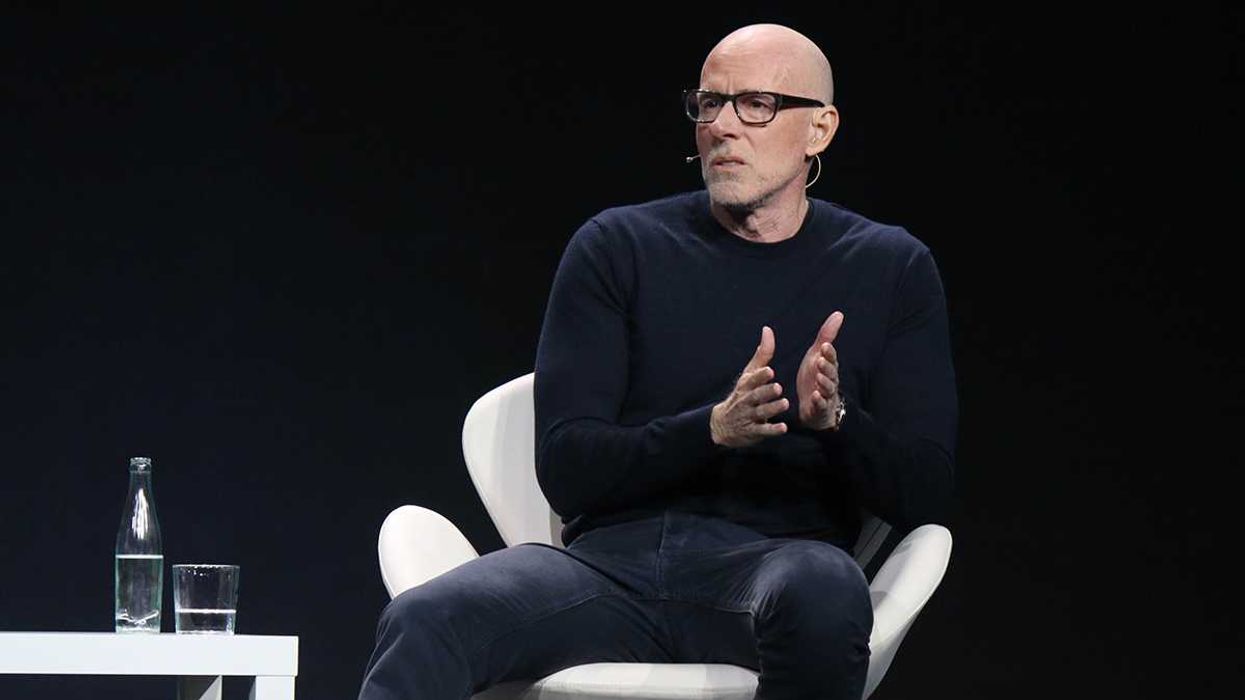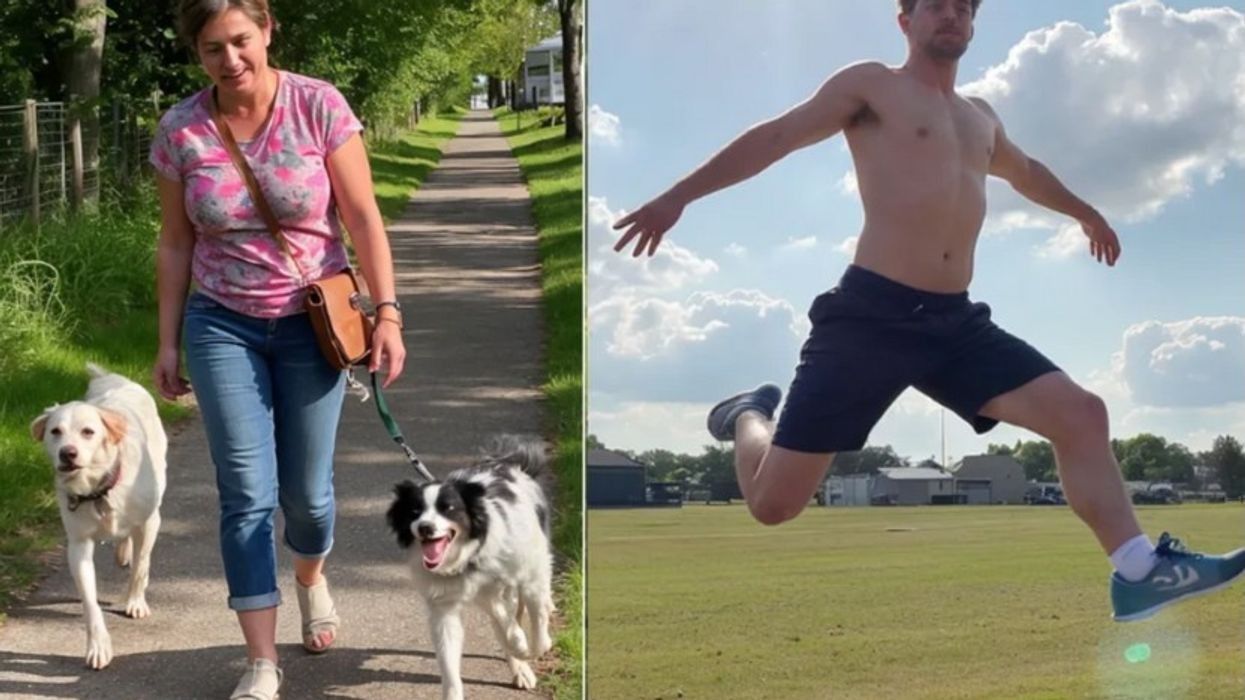For Syrian-American activist and artist Mona Haydar, the runaway success of her first rap music video, ‘Hijabi,’ has caught her a little off guard. But Haydar believes that her video—which features a diverse mix of young Muslim women in hijab sitting regally together on a stairwell—could not have been released at a more important time. With lyrics like “Not your exotic vacation / I’m bored with your fascination,” what underlies Haydar’s pop anthem is a powerful political messages of personal freedom and solidarity. She talked to me about Islamophobia, turning pain into art, and the best way to handle her Internet haters.
Why did you feel like ‘Hijabi’ was an important piece of music for the world to hear right now?
The idea for the song is very simplistic–it’s about colorism in our communities and our societies, about womanhood and empowerment. But there’s a lot more there because of the age that we live in. Our current administration’s insistence that policies and laws should be made around women’s bodies, that legislation should be made around trans people’s bodies and Muslim women’s bodies, meant that my producer and I wanted to put something out that would allow people to engage while coming at it from a light-hearted place. We wanted to teleport through the trauma and have a good time, in spite of people trying to intentionally ruin our lives.
[quote position="right" is_quote="true"]Fear of Islam is also fear of black and brown bodies.[/quote]
On one level, the song is a rallying cry for Muslim women. But it also challenges the derogatory stereotypes that Muslim women face every day. As an Arab-American, do you feel tired of explaining your decision to wear hijab to others?
The song is about why is a woman who covers her head has to be so exoticized. There are two general opinions: Either she’s mysterious and it’s sexy, or a Muslim woman is oppressed and without agency. It’s so challenging to have to work between those two paradigms. Why can’t a Muslim woman just be a person who is as complex as anyone else?
Why do you think Western societies are so afraid of Islam right now?
It’s a constructed and engineered capitalist enterprise. Fear of Islam is also fear of black and brown bodies. It’s fear of the unknown and that which is not controlled directly by the West. And so Islam is feared—not because Islam is inherently scary, or because anything in Islam is any different than any other religion—but because it’s a profitable industry.
Anti-Muslim hate incidents have tripled in the U.S. since the Paris attacks. What does it feel like living as a Muslim woman in this current climate?
I think it really depends on where a Muslim woman lives. I’m very fortunate to live in New York City. It’s so diverse that if people have something to say, then generally there’s five other people around who will stick up for me before I have to stick up for myself. But I know friends who live in more rural areas—areas where there really aren’t a lot of Muslims, and there isn’t much Muslim/non-Muslim interaction. And people do face a lot of struggle. They encounter a lot of hatred and bigotry and discrimination.
It really hurts to hear my community going through something. But this is not new. Black America has been experiencing this since black Americans were forced to come here. And so this level of discrimination means I can’t really dwell in the pity. I’d rather create art. I’d rather help people feel inspired, instead of living in that self-loathing or self-pitying place.
You first came to international attention for the Ask a Muslim stand you set up in wake of the San Bernardino and Paris terror attacks. What prompted that?
My husband Sebastian and I were really depressed after the attacks. There was a lot of trauma; everyone was in this funk, everyone was sad. We felt like we needed to do something to lighten things and to say that we’re here to talk if you want to talk. We’re here to commiserate if you want that.
A lot of the time we just cried with people. Someone would come up and they’d just start crying about the state of the world and the loss of life and the tragedies and it would just be that exchange of crying. A lot of the time it wasn’t about asking a Muslim, it was just human beings exchanging human connection.
Do you believe that it’s still worth engaging with people if they have hateful views?
My stance is that you never take anything personally. If somebody is bigoted, if someone is hateful, and they’re directing it at me, then it’s not actually my problem. Often people are expressing those emotions or feelings because they lack love. They lack safety and security in their lives and so they project and it’s channeled in these ways.
That’s the genius of the game of Islamophobia. It’s a very easy target, it’s a very easy place for America to channel all of its fears. We’re on the verge of economic collapse, we have Steve Bannon undermining some of the finest and greatest American standards and single-handedly destroying all of true American values of democracy and government. And people don’t know that, but they know that they hate Muslims. It’s convenient.
















 Otis knew before they did.
Otis knew before they did.